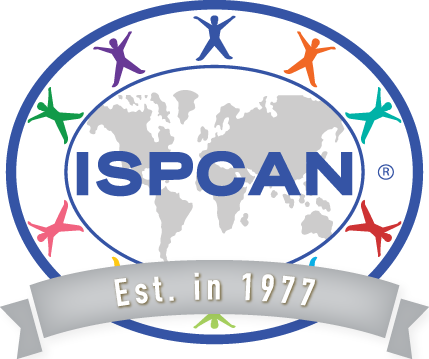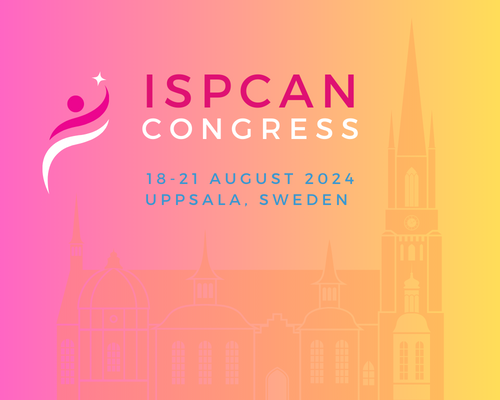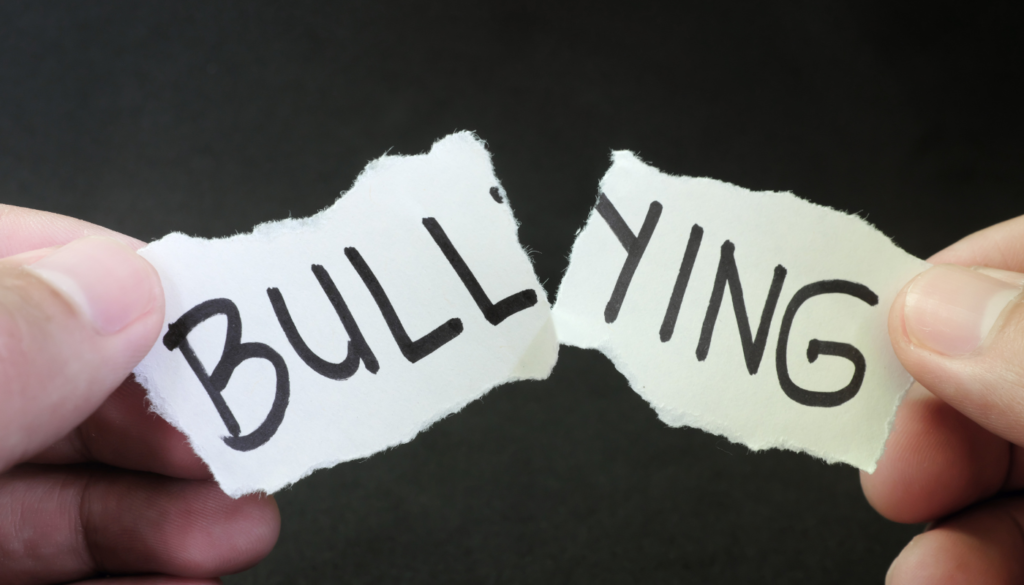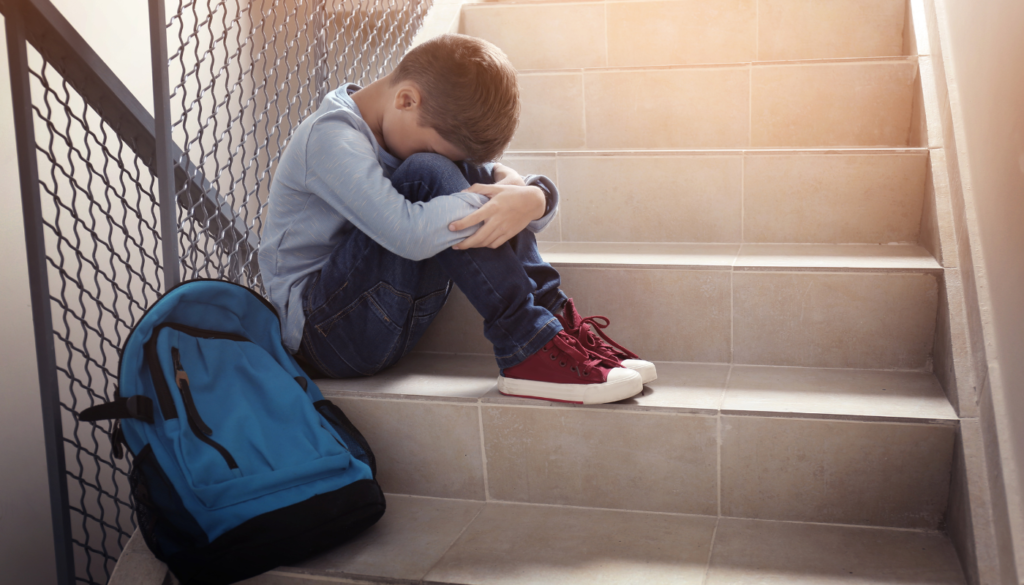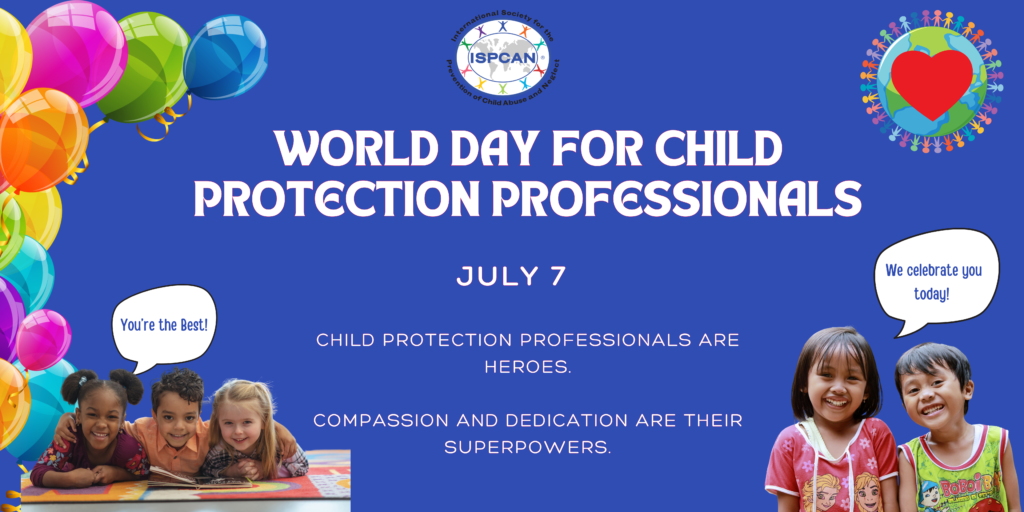International Society for the Prevention of
Child Abuse & Neglect
ISPCAN is a global membership organization for anyone working in the protection of child rights. Wherever children live, learn and play under the care of adults are opportunities for intervention and prevention. We connect multidisciplinary professionals with tools and resources to build better systems of care, improving quality of life for children in every region of the world.
New Webinar Recording: Combating Bullying - Through the Lens of a 13-Year-Old Survivor
Educate yourself on ways to intervene if a child reports bullying. Prepare yourself to prevent bullying and protect children from trauma and the disastrous effects that bullying has on the physical and mental well-being of a child.
Please listen as we engage the voice of youth by understanding methods, strategies, and interventions to prevent all forms of bullying. Learn ways to create a safe physical, emotional and psychological space for children from the perspective of a young survivor. This 90-minute session offered a unique opportunity to hear directly from Seher Pahade, a trailblazing 13-year-old teenager who is an inspiration for change. She is an embodiment of a compassionate and driven individual committed to forging a brighter future. Seher’s heart resonates with the cause of child rights, fueled by her personal experience as a victim of bullying. This adversity transformed her into a resilient advocate, refusing to be a bystander and instead emerging as an upstander in situations that challenge even adults.
NEW Webinar: Epidemiology, risk factors, and impacts of adverse childhood experiences in Low- and middle-income countries
April 30th 10:00am – 11:30am EDT
This 90-minute webinar offers a unique opportunity to hear directly from the guest editors of this Special Issue Journal and engage in a panel discussion with members of the CDC Division of Violence Prevention who were instrumental in the research on this critical topic.
The Special Issue Journal sought to identify ACE studies involving children, youth, and young adults from birth to 24 years in LMIC. A breadth of ACE research was welcome, including descriptive studies examining the prevalence and implications of ACEs; the developmental impact of ACEs; the cultural relevance of ACEs measures; buffering effects of positive childhood experiences and resiliency factors; risk and protective factors; and associations with mental and physical health outcomes, risk-taking behaviors, and HIV.

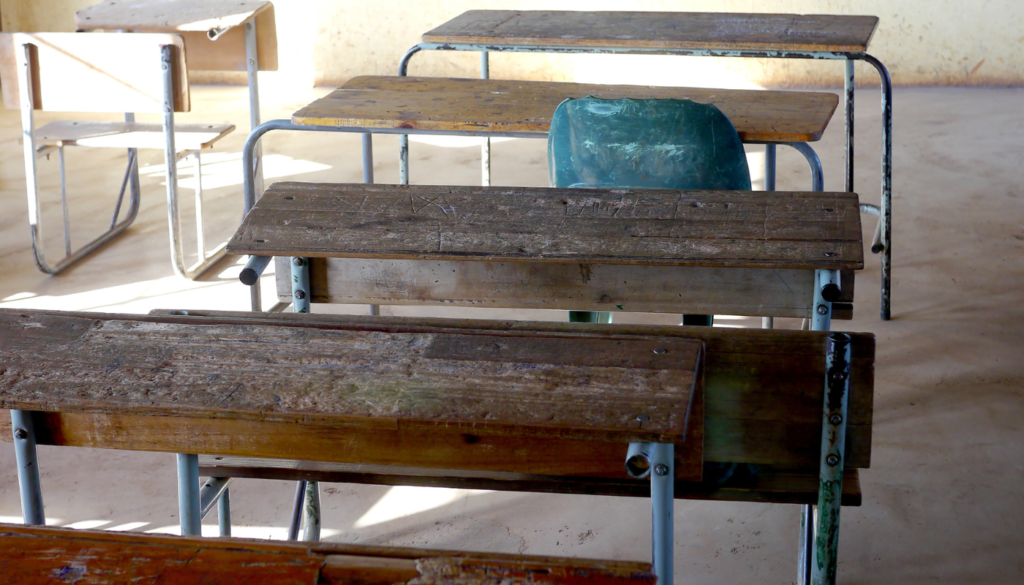
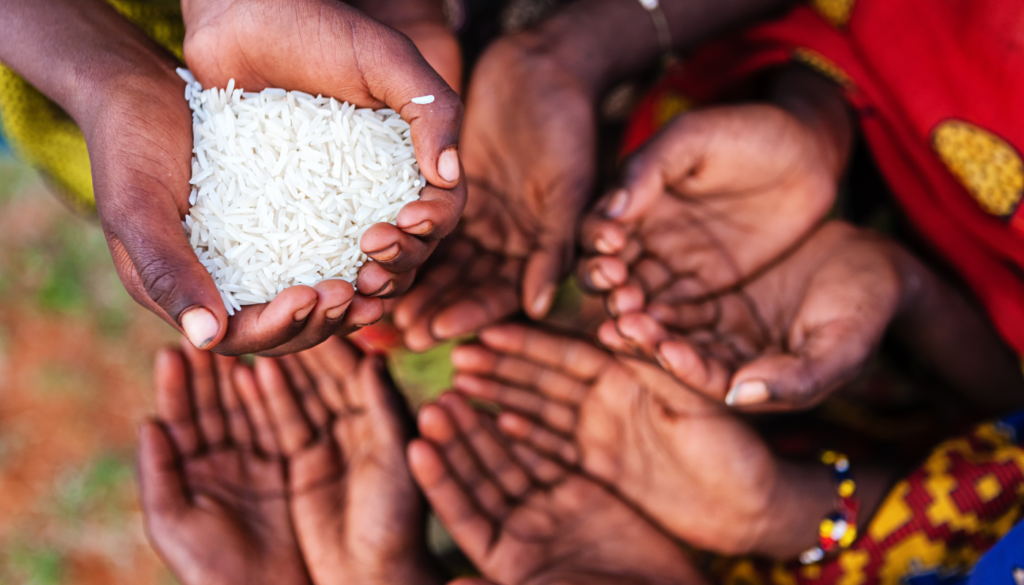
Member Opportunities for Growth:
- Global networking & outreach
- Up to date education, information & research findings
- Best Prevention & Care Practices
- Training, Tools, Techniques & Procedures
SAVE THE DATE TO CELEBRATE YOU AND YOUR TEAM: JULY 7th
ISPCAN was founded on a good luck filled day of 7/7/77 by Henry Kempe. In honor of that, annually on July 7th, we celebrate child protection professionals. These are the every day heroes who research, prevent or help children heal from neglect, trauma and abuse. They give so much to make this world better for children. Join our social media campaign to post tributes, messages of gratitude and recognize people for their dedication.
Learn helpful tips for publishing in our new practice-based journal directly from the Journal Editors -Publish for FREE until December 2024!
Learning Objectives:
- Help set potential new authors (and/or practitioners and NGO’s) up for success by going through the basic submission guidelines for this new journal noting that many are not academics and have not been published before.
- Identify types of contributions including; research articles, review articles, discussion articles, practice perspective articles, practice insight case studies and case-oriented book reviews.
- Walk through submission checklist identifying support opportunities for those new to academic publishing.
- Discuss the issues of moving from a published report on a website or elsewhere and the right type of academic submission
This 90-minute virtual session discusses how to publish in our new practice-based journal. Presented by the Editors Dr. Christine Wekerle and Dr. Catherine Maternowska
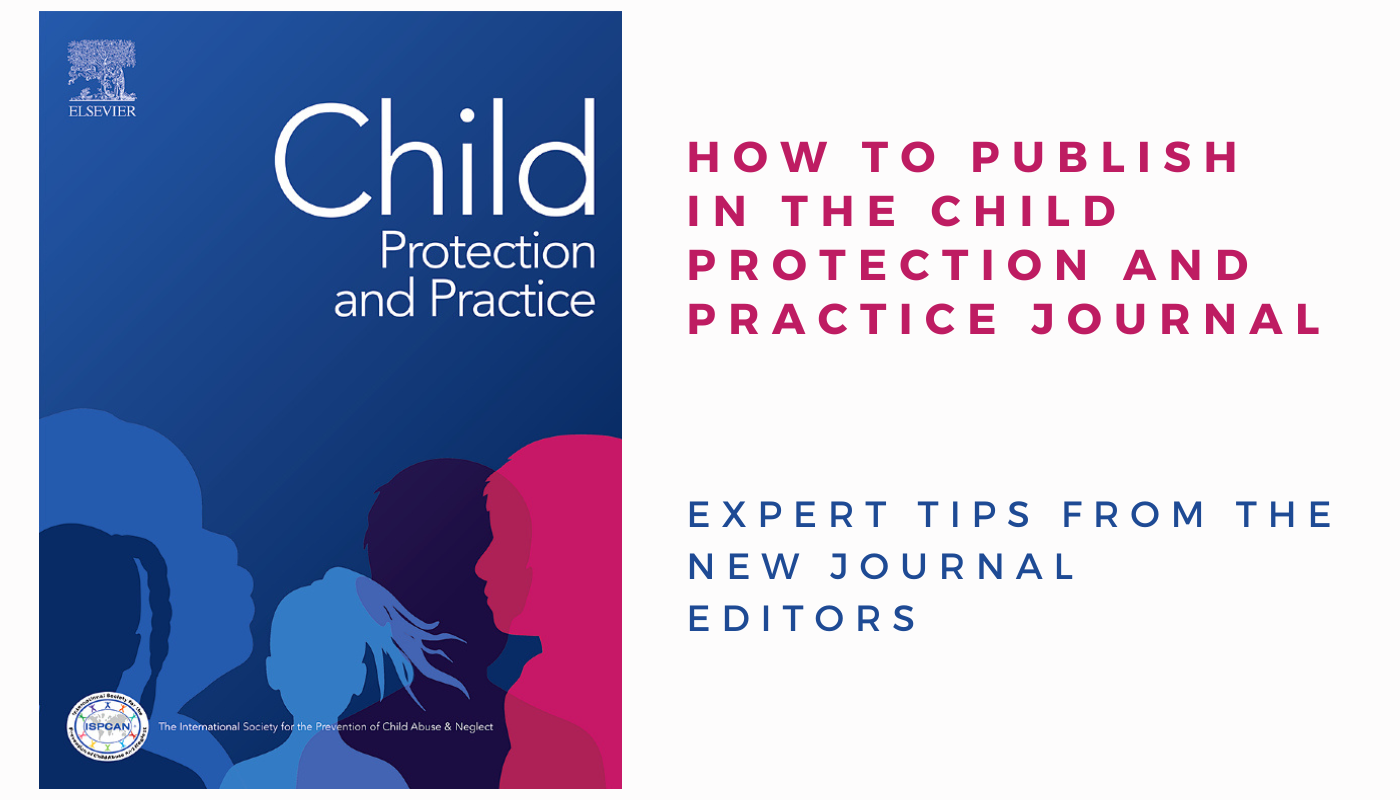
ISPCAN JOURNALS
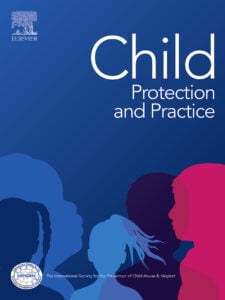
New, open access practice journal with no author fees through December 30, 2024. Lifetime 10% discount for ISPCAN members.
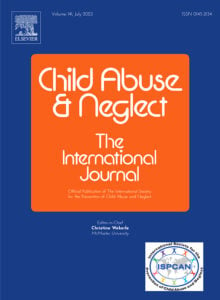
High Impact factor multidisciplinary child abuse and neglect research and practice with free online access for standard members.
"ISPCAN has helped me open up my mind to new ways to work better with other disciplines, and it has energized me when I felt so alone and discouraged. I have met so many wonderful people who understand and who I can share what is working in my country and learn what is working in theirs."
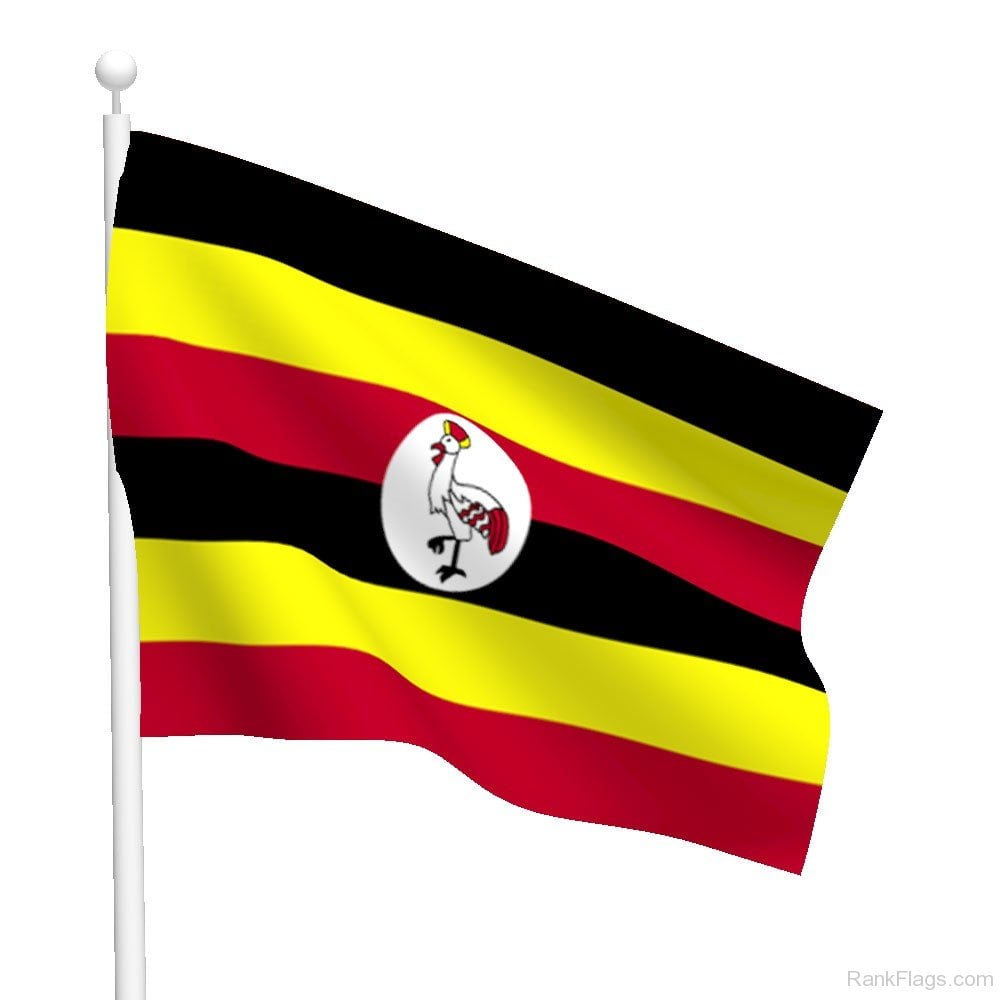
ISPCAN Member
from Uganda
Join ISPCAN Today!
You’ll receive valuable member benefits including:
- Access to the Member Connect Platform
- Discounted registration to ISPCAN Congresses
- Access to the extensive ISPCAN research library

Thank you to our Members, Board of Directors, and Funders for their Generous Support.
You Make It All Possible!


